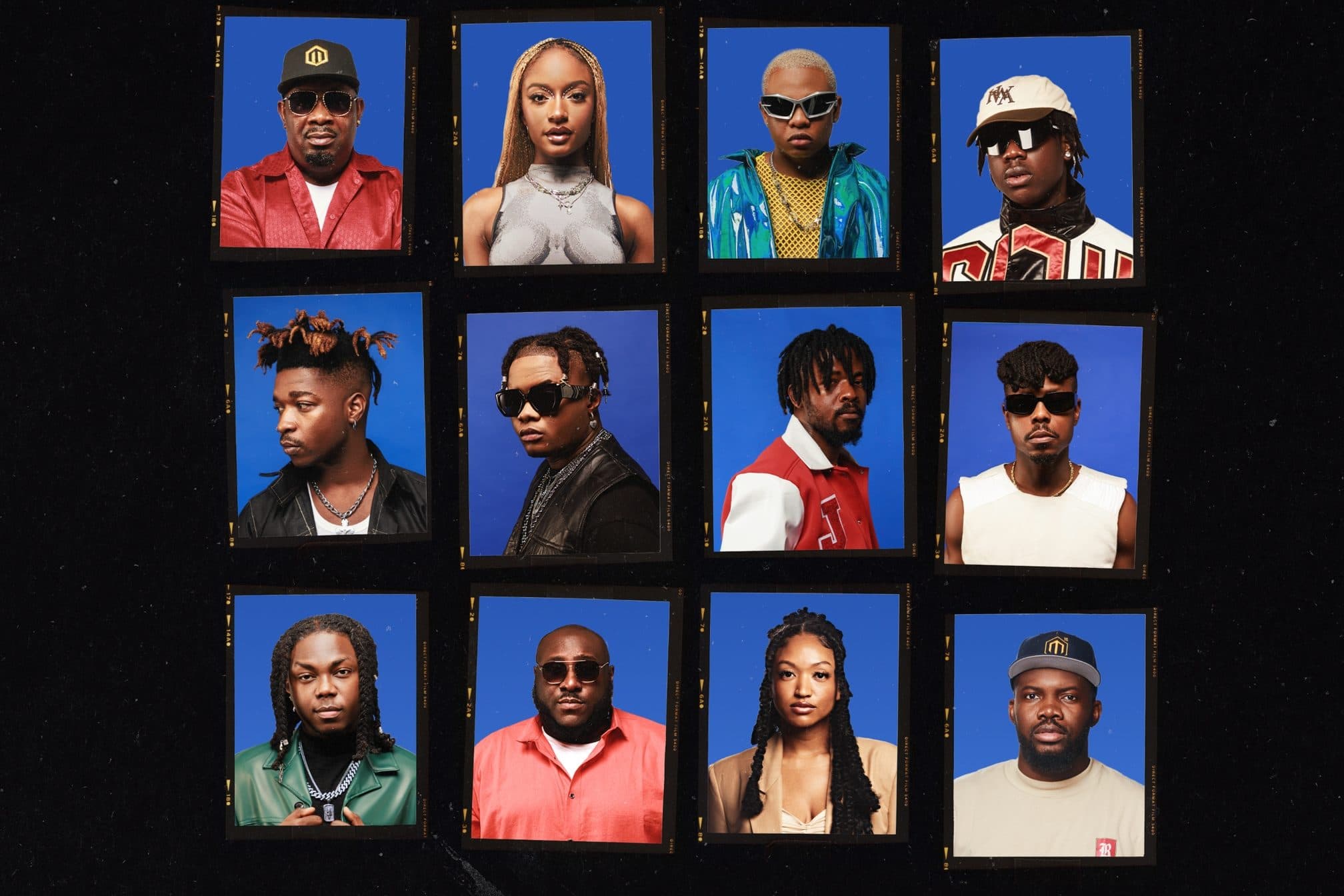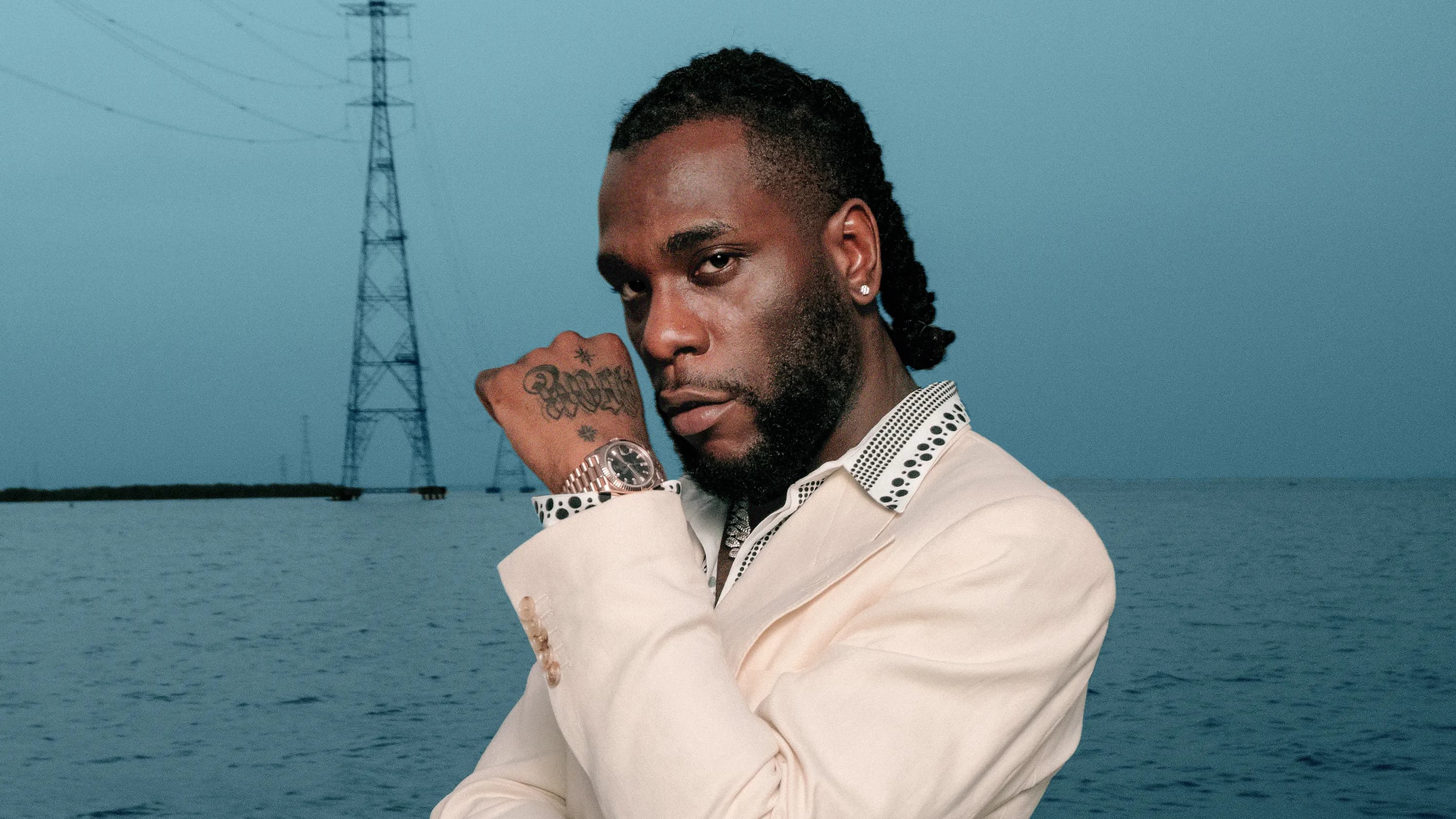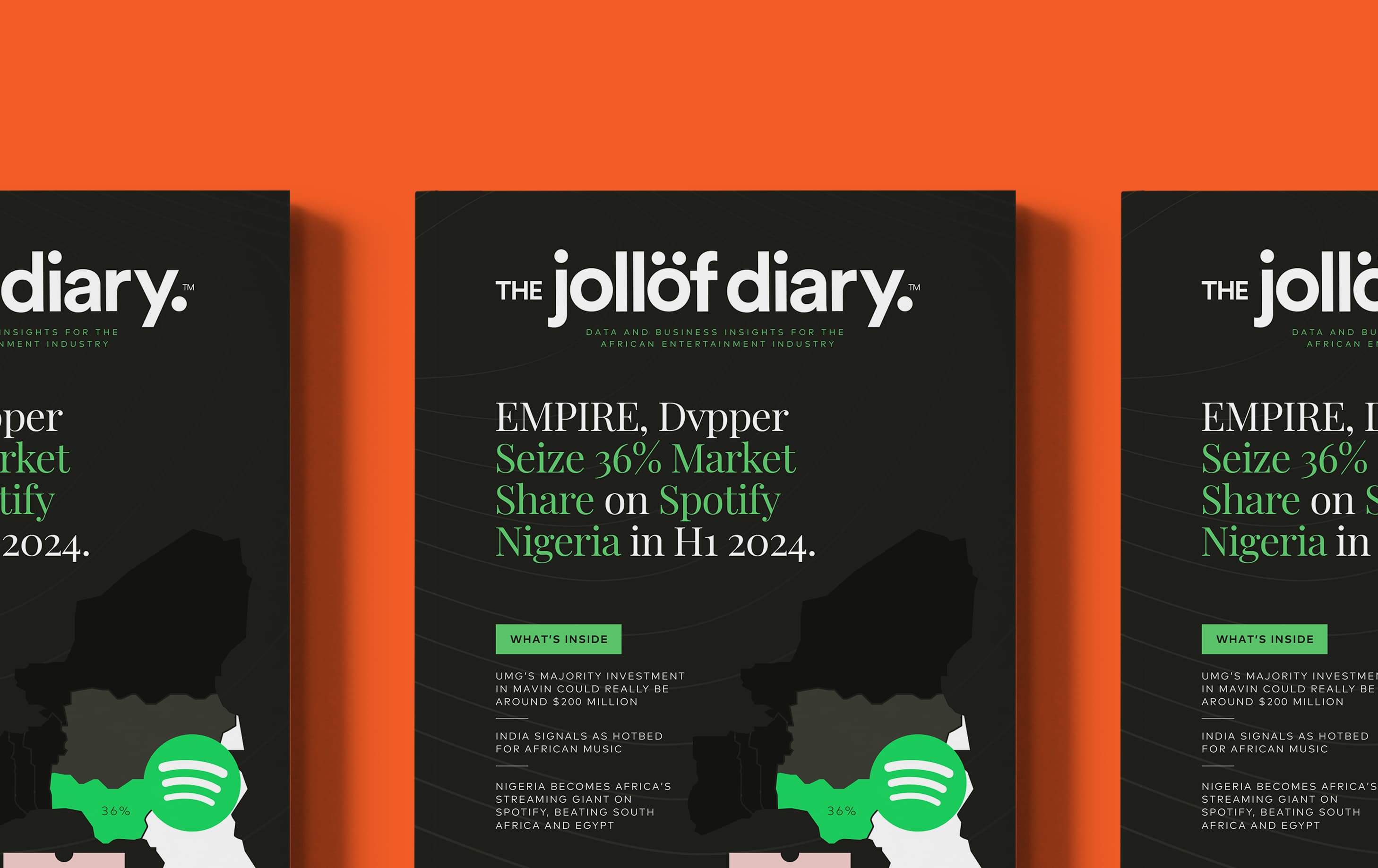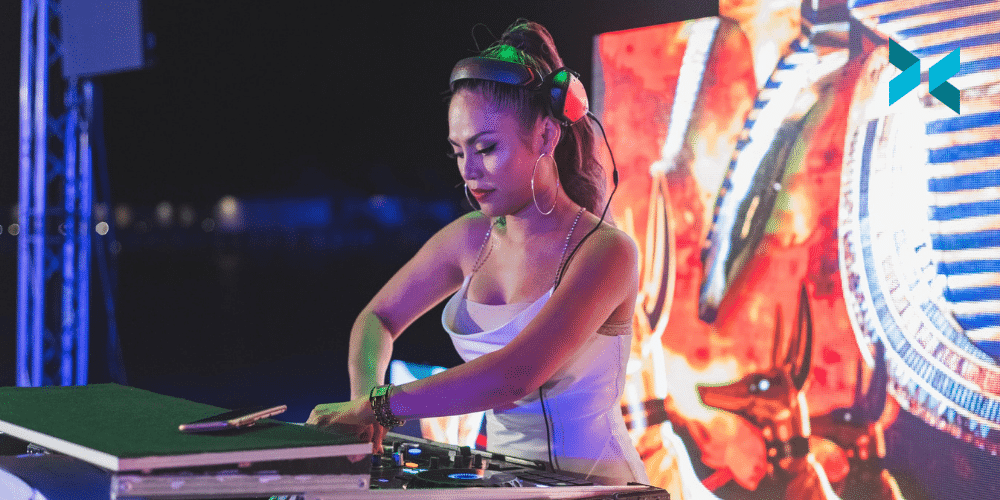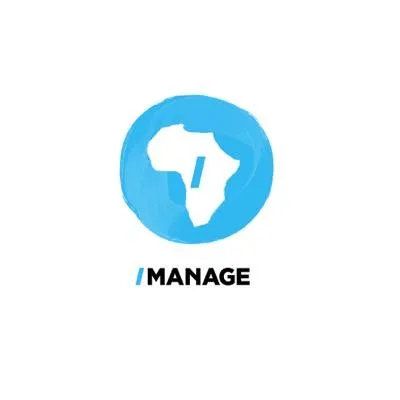TikTok & UMG Altercation is a Case Study for [Social] Music Licensing in Africa
While Africa may lack comprehensive regulations in this domain, recent legislative advancements, like Nigeria's Copyright Act 2022, signal progress towards a more robust legal framework.

The recent dispute between TikTok and Universal Music Group has earned huge attention, highlighting the dynamics of music licensing for online [social] platforms. The situation did not only become a ‘hot topic’, but it also underscored the [tangible] impact of music on the Tiktok experience. Interestingly, while this dispute stands out due to its high-profile nature and the scale of its impact, it is not an isolated event. The framework that governs the use of music across online and social platforms ensures that rightsholders are compensated whenever their music is played, pointing to a well-established system of music licensing that operates globally.
This discussion is particularly pertinent for owners of online platforms similar to TikTok operating within Africa, where digital media continues to evolve rapidly. As these platforms grow and attract more users, the necessity for comprehensive understanding and strategic planning in music licensing becomes increasingly crucial.
This newsletter [by Spring Sound] aims to serve as a resource, offering key talking points on navigating the complexities of music licensing, personalized specifically for the needs and challenges faced by such platforms in Africa. Here, we pay attention to essential strategies, considerations, and innovative practices that can help in forging successful partnerships with music rightsholders and enhancing the user experience on digital platforms.
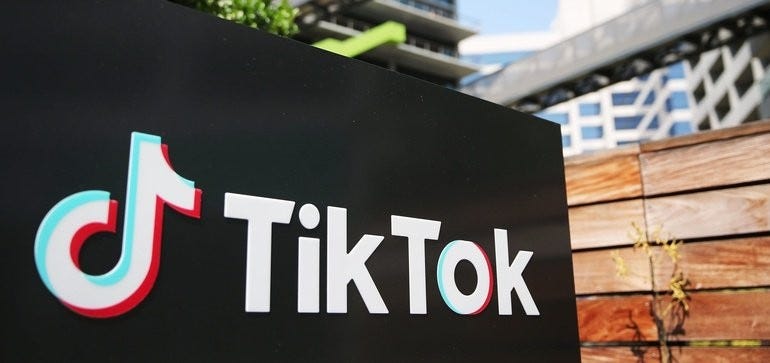
As an African-focused owner or developer of a social media app or online platform planning to integrate music, you likely have questions about adopting the best music licensing framework. This is important to avoid the potential pitfalls that could lead to your app being removed from the Play Store or App Store, or being delisted from search engines due to copyright violations related to music use or even a lawsuit as has been the case for a while. Here are five pressing questions you are probably seeking answers to:
Why is Music Right Ownership so complicated?
Music rights ownership can be a maze, especially for new app owners looking to incorporate licensed music. When initiating any project, licensing professionals at Spring Sound Ltd, begin with a thorough investigation into who holds the rights to the music, whether partially or wholly. This step is crucial because it is exceedingly rare for an established or uprising artist to hold complete ownership of their songs. This complexity was vividly illustrated during the TikTok and Universal Music Group (UMG) dispute. Many TikTok users were surprised to learn that tracks from what appeared to be independent artists were affiliated with UMG via its publishing or distribution arms.
Even though an artist may not be affiliated with a major distribution company, label, or publisher, the intellectual property (IP) of their music might still not be entirely independent. For app owners, this underscores the importance of understanding the layered nature of music rights. Just because an artist is independent does not mean their music's IP is free from other claims. Being aware of these nuances is essential in navigating the licensing landscape, and ensuring compliance. To reiterate, an artist may be independent but the music's IP may not.
The entity is registered outside the African Territory, why should we be bothered?
Music licensing is fundamentally about territorial rights, which makes it crucial for app owners, even those operating primarily within the African continent, to pay attention to music registered outside their region. Although it might seem challenging, if not technically impossible, to secure the full rights to all titles worldwide from a single territory, international involvement is a frequent necessity. A pertinent example is Facebook's 2018 licensing agreement with APRA AMCOS, the Australian Mechanical and Performance Rights Society. This deal licensed millions of songs from over 95,000 songwriters, composers, and publishers in Australia, New Zealand, and internationally for use on its platforms like Instagram, Facebook, and Messenger.
Similarly, in Africa, significant agreements have been made, such as those between CAPASSO + SAMRO and Tiktok, which cover 58 territories across the continent. These examples highlight the importance of securing appropriate licensing agreements regardless of where the music or the rights holders are based. For an app owner, understanding this global dimension of music rights ensures that your platform remains compliant with international copyright best practices, thereby avoiding potential issues that could disrupt your service. This is especially vital in today’s digitally connected world where music and media transcend borders.
Are these deals in Perpetuity?
In the realm of music licensing for social media platforms, unlike the typical perpetuity deals negotiated in the film industry, the arrangements are generally not indefinite. Historically, these licensing agreements are structured as multi-year deals. However, there are unique circumstances where shorter terms, such as one-year or even monthly licenses, are negotiated based on various factors. As an app owner, it's important to understand that the duration of music licensing agreements can significantly affect your platform's operations and content strategies. Being aware of the terms and flexibility in these deals will help you plan more effectively for the future content and functionality of your app, ensuring you remain compliant with all relevant music rights and regulations.
What if I will be using the music for just 5 seconds?
Even brief uses of music in your app, such as a 5-second clip, necessitate a proper music licensing agreement. It's a common misconception that very short snippets might not require licensing, but this is not the case. Platforms like TikTok and Snapchat, which popularized the use of short music clips, operate under specific rules—such as the 15-second rule at a time—but still require a comprehensive licensing framework. As an app owner, it's essential to understand that any use of music, no matter how brief, must be legally covered to avoid copyright infringement issues. This ensures your platform can legally host content that includes these music snippets, maintaining compliance and safeguarding against potential legal challenges.

Are there laws in Africa backing Music Licensing
In Africa, there needs to be more comprehensive regulations specifically addressing music licensing. However, recent developments, such as Nigeria's passing of the Copyright Bill 2022, signify progress in this area. This legislation provides a legal structure for various aspects of copyright, including the digital licensing framework. As an app owner seeking to license music for use in your platform, it's important to stay informed about such developments and ensure compliance with existing best practices. While the regulatory landscape may vary across different African countries, understanding the legal framework governing music licensing is essential for maintaining a sustainable platform void of disruption of important music features.
In conclusion, navigating the complexities of music licensing for online platforms, especially those similar to TikTok incorporating music elements, demands a nuanced understanding of territorial rights, licensing agreements, and business frameworks. As highlighted, the global nature of music rights ownership underscores the importance of securing appropriate licenses, even for short snippets of music. While Africa may lack comprehensive regulations in this domain, recent legislative advancements, like Nigeria's Copyright Act 2022, signal progress towards a more robust legal framework.
However, this discussion is far from over. Part II of this series, which emphasizes key aspects such as licensing budgets and costs, will be available soon. Subscribe to Unique’s newsletter to get it first.
Here are other stories by Unique Oliver:
From RHOL to BBN: The Cultural Influence of Nigerian Music on Reality TV
"Adire" Feeds Millennial Nostalgia with the Fadabasi Classic "Abasi mi Ayaya"

